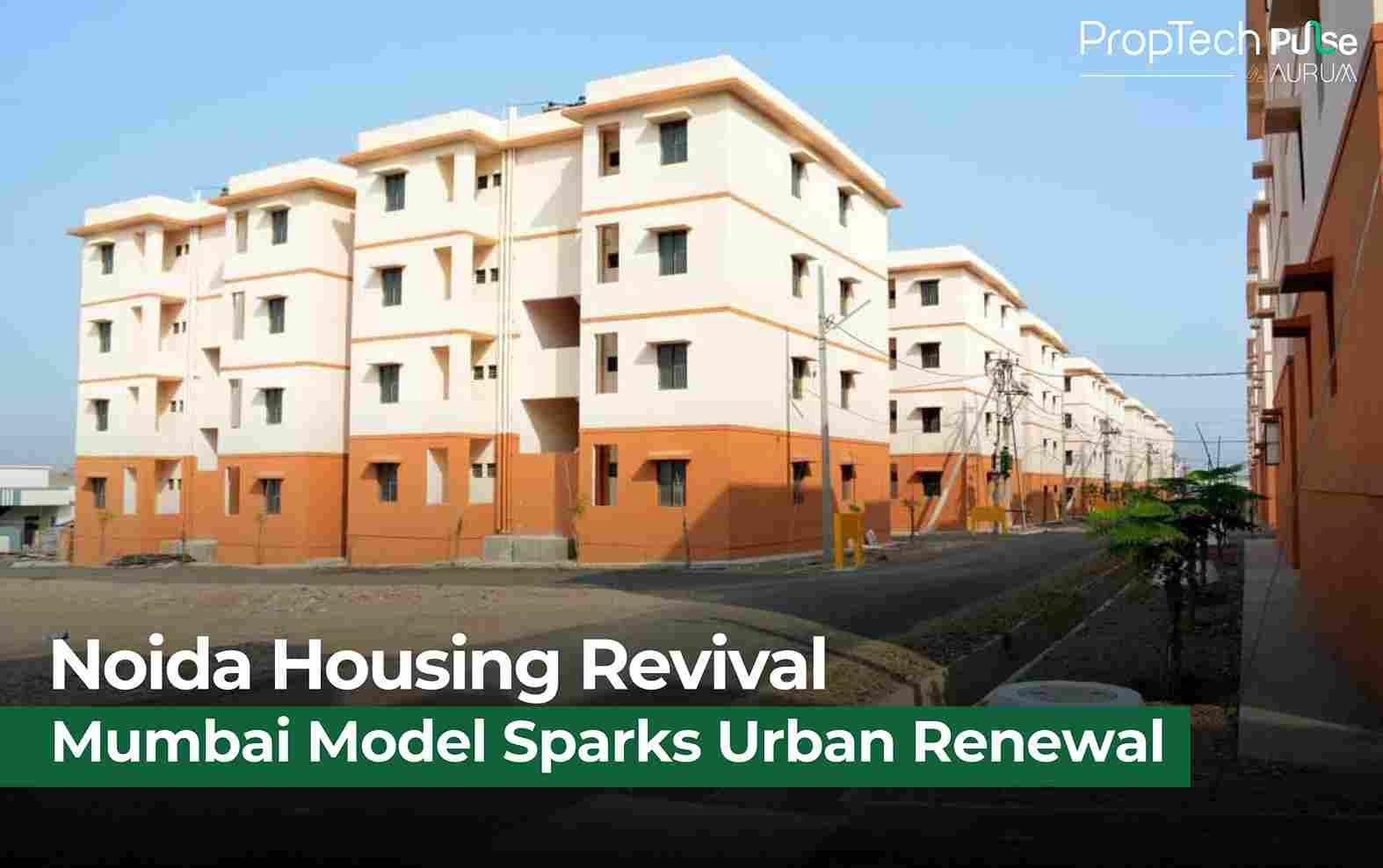
Noida’s Urban Renewal: Mumbai-Inspired Policy to Transform EWS Housing
In the heart of Noida, a bold new chapter in urban transformation is unfolding. Drawing inspiration from Mumbai’s acclaimed redevelopment blueprint, the Noida Authority has greenlit a sweeping policy to rejuvenate ageing EWS (Economically Weaker Section) flats and breathe new life into the city’s core sectors.
Unlocking Central Noida’s Potential
The policy targets dilapidated buildings in prime sectors like 27, 93, and 93A—areas where infrastructure is robust and real estate demand remains high. Developers, selected through public tenders, will demolish outdated structures and construct modern, spacious homes for existing residents at no extra cost. During construction, allottees will be provided with temporary accommodation, ensuring a seamless transition.
What sets this initiative apart is the unlocking of additional Floor Area Ratio (FAR)—from the original 1.5 to a generous 3.5—granting developers the ability to build and sell extra units to recover their investment. This not only incentivizes private participation but also promises a wave of new, saleable homes in the city’s most coveted locations.
A Turning Point for Noida
Industry leaders see this as a landmark moment. “This is a much-needed step towards opening a prime land bank in the city centre,” notes Nikhil Hawelia, MD of Hawelia Group and CREDAI Western UP. Yash Miglani, MD of Migsun Group, adds, “The increased FAR and co-developer involvement will finally offer solutions for thousands of stranded buyers.”
The policy also clears the way for co-developers to revive five stalled projects, potentially bringing relief to over 5,000 homebuyers in the region. According to CREDAI, the NCR region faces a backlog of nearly 190,000 stalled housing units, with developers owing massive dues to local authorities.
Challenges and Future Prospects
Urban planners caution that the Mumbai model’s success in Noida will depend on careful management of tenant consent, phased redevelopment, and interim housing. The policy requires at least 70% resident approval before any project begins, ensuring community participation and transparency.
Yet, the framework paves the way for similar transformations in other cities like Ghaziabad, Faridabad, and Lucknow, where ageing low-income housing and stalled projects are pressing concerns.
Building a Modern Noida
With strict accountability measures, enhanced infrastructure, and a focus on resident welfare, Noida’s redevelopment policy is poised to set a new standard for urban renewal in India. As Salil Kumar of CRC Group puts it, “This initiative offers a progressive solution to urban decay. With enhanced FAR and better infrastructure, it can rejuvenate the city’s core and promote ownership.”
Unlock the Latest in Real Estate
News, Infographics, Blogs & More! Delivered to your inbox.
“Data that drives action. Insight that inspires action. Technology that empowers action.“
“Data that drives action.
Insight that inspires action.
Technology that empowers action.“









